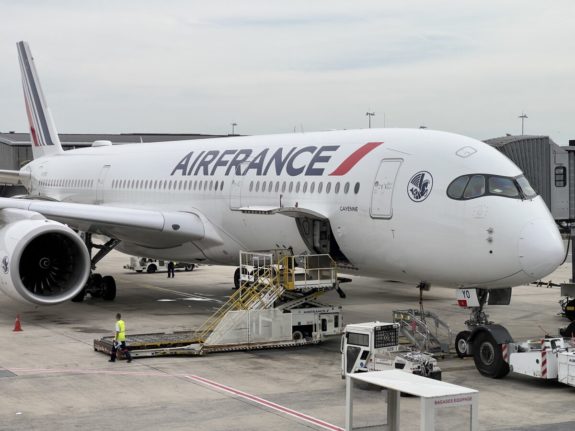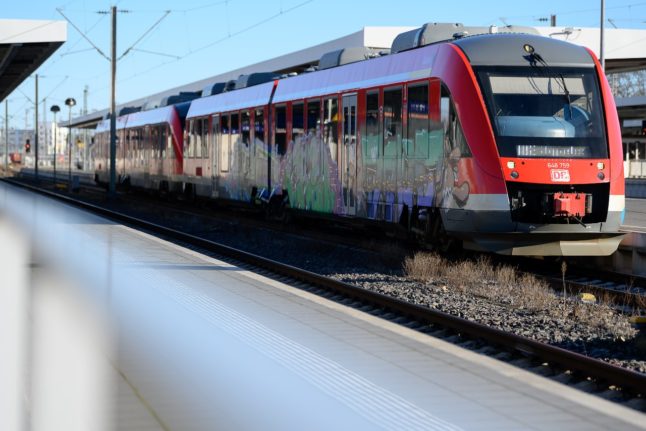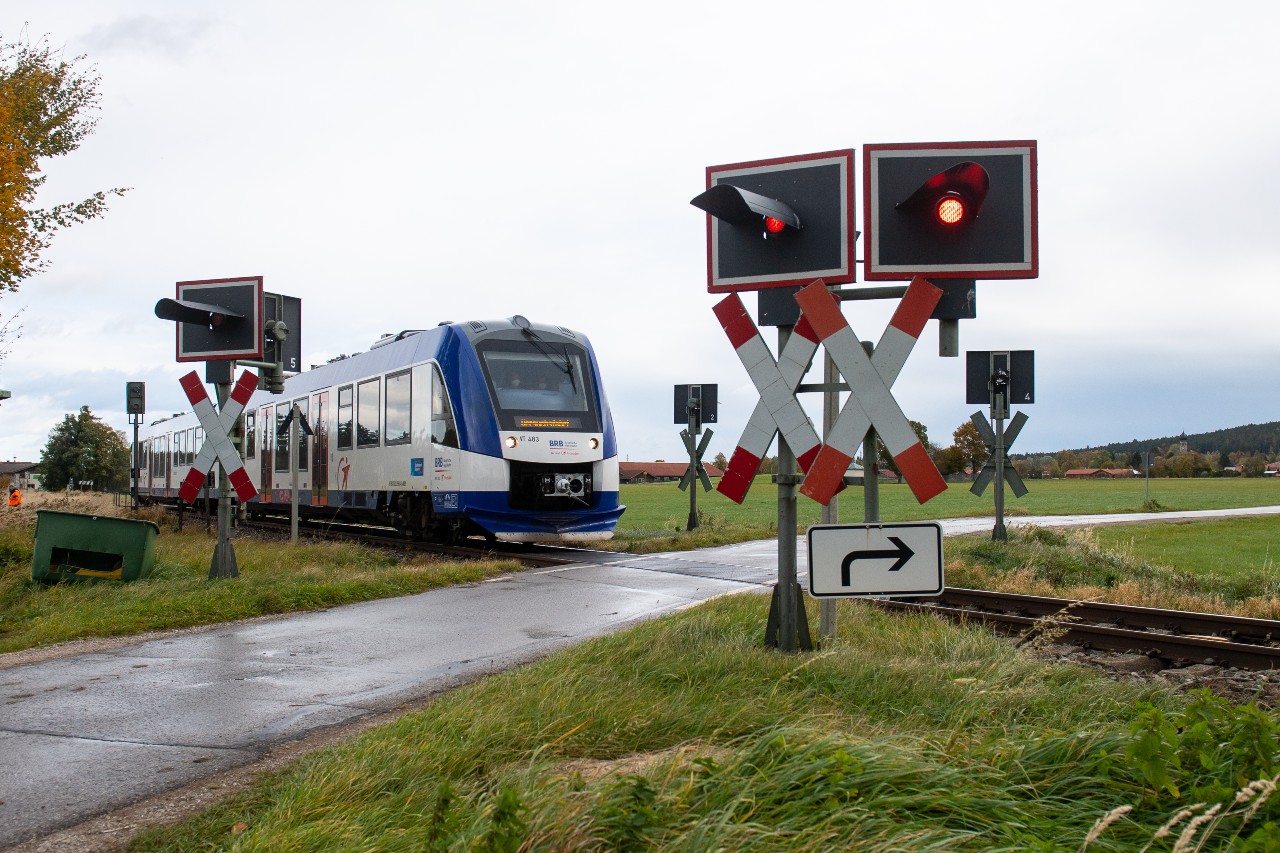On the arrivals board at Tel Aviv’s Ben Gurion airport American Airlines, Air France, Lufthansa, Emirates, Ryanair and Aegean Airlines were among those pulling flights.
However airport authorities did not stop commercial air links with Eilat, Israel’s second international airport and tourist destination on the Red Sea.
And Israeli flag carrier El Al said Sunday that it was maintaining its Tel Aviv flights for now, though some flights operated by foreign partners had been cancelled.
“We might cancel flights to places where we don’t have a lot of Israelis to help other Israelis in other places,” a spokeswoman told AFP.
In a statement, El Al added that it was operating “in accordance with the instructions of the Israeli security forces”, with all flights now departing only from Terminal Three at Ben Gurion airport.
Like most other airlines, it said clients could change their tickets without charge.
After Saturday saw a list of major carriers cancelling flights, Spain’s AENA airports operator told AFP four of nine flights scheduled to Tel Aviv on Sunday had been cancelled, two from Madrid and two from Barcelona.
Another nine flights, from Tel Aviv to airports in Spain, have so far been unaffected, the operator said.
Spain’s Air Europa said it had cancelled its two flights scheduled between Madrid and Tel Aviv, while Iberia Express, the low-cost arm of national carrier Iberia, went ahead with a Madrid-Tel Aviv flight after suspending two on Saturday.
Vueling, the Barcelona-based low-cost airline, said given the situation in Israel, “flights to/from Tel Aviv are affected and experiencing delays”.
A spokesman for Germany’s Lufthansa on Saturday cited “the current security situation” to say it was cancelling all flights to and from Tel Aviv “up until and including Monday”, adding it was monitoring the situation.
Brussels Airline, part of the Lufthansa group, also cancelled its Tel Aviv flights.
Air France said it had halted Tel Aviv flights “until further notice”.
“Commercial measures are in place, allowing customers to postpone or cancel their trip free of charge”, an Air France spokesman said.
Air France-KLM group’s low-cost carrier Transavia announced it was cancelling all flights from Paris and Lyon to Tel Aviv up to and including Monday.
Spanish airline Iberia announced that its budget subsidiary Iberia Express was cancelling its Tel Aviv flights.
Italy’s flag-carrier ITA airways cancelled its flight until Sunday morning at the earliest “to protect the safety of passengers and crew”, while Polish carrier LOT also cancelled its flights from the Polish capital on Saturday.
Other airlines suspending flights included Aegean, Swiss, Austrian Airlines, Wizz Air and Air Canada.




 Please whitelist us to continue reading.
Please whitelist us to continue reading.
Member comments